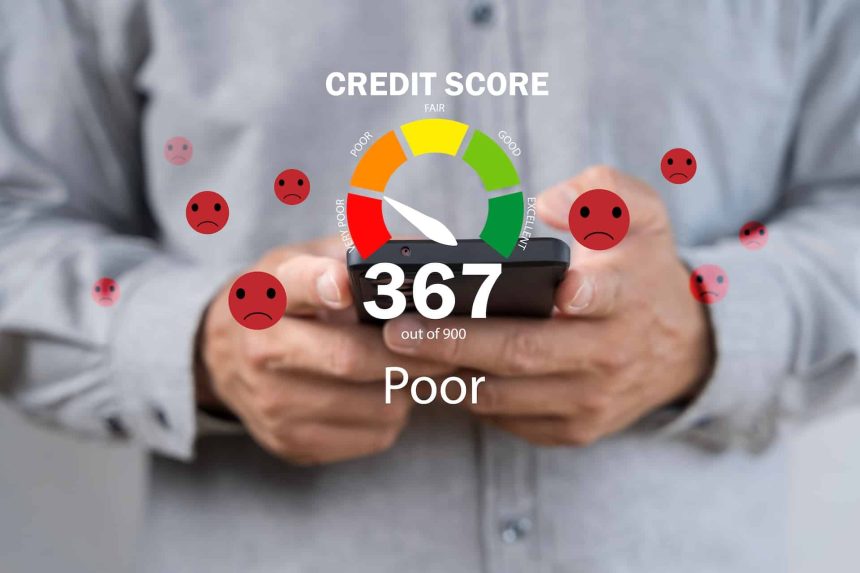Credit Sesame examines how a new large-scale study links mental health and credit scores and why the connection may matter more than you think.
Being in control of your finances, regardless of your income level, may help ward off negative mental health symptoms such as depression and anxiety. That is one conclusion suggested by a new study led by a professor at Johns Hopkins University.
The study, published in the American Journal of Epidemiology, found a correlation between higher credit scores at the ZIP code level and lower rates of depression and anxiety symptoms among residents in those areas. In other words, people living in areas with stronger average credit scores were less likely to report those symptoms.
There is no magic formula to fix your credit or your mental health. However, what they have in common is that understanding the problem and working on ways to address it can go a long way toward making you feel more in charge of the situation.
How the survey was conducted
The study was based on mental health survey data from more than half a million adults in Pennsylvania. Key to the study were two questions from the Carnegie Mellon University COVID-19 Trends and Impact Survey, conducted in partnership with Facebook:
- In the past five days, how often have you felt depressed?
- In the past five days, how often have you felt nervous, anxious, or on edge?
Researchers matched responses to these questions with the average credit scores of the respondents’ ZIP codes. This showed that people in higher-credit-score ZIP codes generally reported fewer symptoms of depression or anxiety than those in areas with lower scores.
An average of 10.9% of adults in high-credit-score areas reported symptoms of depression, compared with 13.7% in lower-score areas. Similarly, an average of 14.9% of adults in high-score areas reported anxiety, compared with 17.4% in lower-score areas.
Of course, there are many factors besides credit conditions that can contribute to mental health struggles. Notably, people living in high-credit-score areas still reported symptoms of anxiety and depression. However, the numbers suggest that when financial pressures are reduced, it may help improve overall well-being.
Living within your means appears to be key to happiness
While it is true that higher-credit-score ZIP codes tend to be wealthier, the study adjusted for ZIP-code-level income, unemployment, education, and other factors. The pattern linking credit score and mental health remained even after those adjustments.
This is important because it is possible to maintain a good credit score despite having a modest income.
A Credit Sesame survey found that people with higher incomes tended to have higher credit scores than those with lower incomes. Undoubtedly, making more money makes making ends meet and paying on time more manageable.
Significantly, even among people making less than $50,000 a year, there were more people with good to excellent credit than with poor or fair credit. The takeaway is that you do not have to let your income define how you manage your finances – or your happiness.
The chicken-egg relationship
Looking at the results of the new study does bring up questions about the nature of the relationship between credit and mental health. It boils down to a chicken-or-egg question: which comes first, credit challenges or symptoms of anxiety and depression?
Credit difficulties may lead to feelings of stress or helplessness. At the same time, mental health struggles can make it harder to stay on top of financial responsibilities. It may be that credit issues and mental health concerns reinforce one another, making it especially important to address both when possible.
Taking control of your credit history can be empowering
If you frequently experience anxiety or depression, it is important to consider seeking help from a qualified mental health professional. Support can benefit many areas of life, including your financial situation.
At the same time, if you have credit challenges, taking steps to address them may help you feel more empowered and less overwhelmed.
It may take time to see results. But even just having a plan and working on it can give you a greater sense of control over your financial life, which might contribute to a better sense of well-being.
If you found The not-so-surprising link between mental health and credit scores interesting you may like:
Disclaimer: The article and information provided here are for informational purposes only and are not intended as a substitute for professional advice.
Read the full article here














